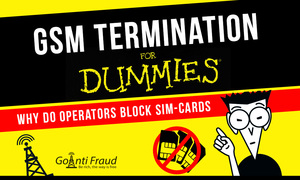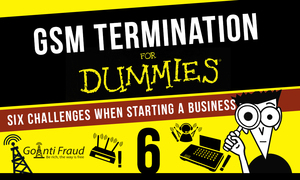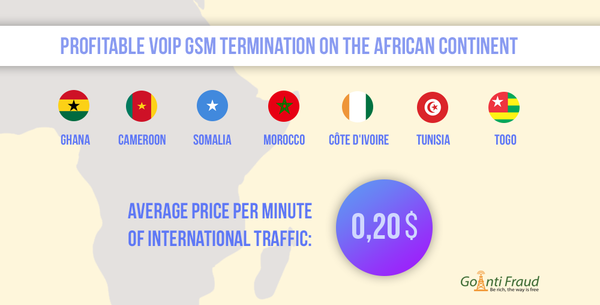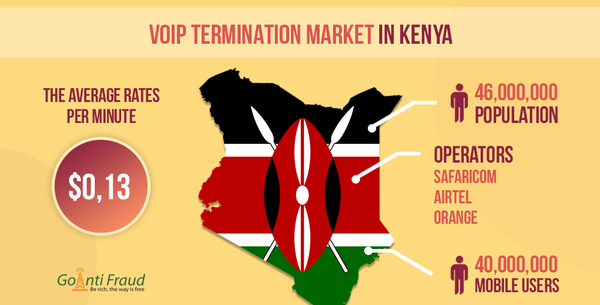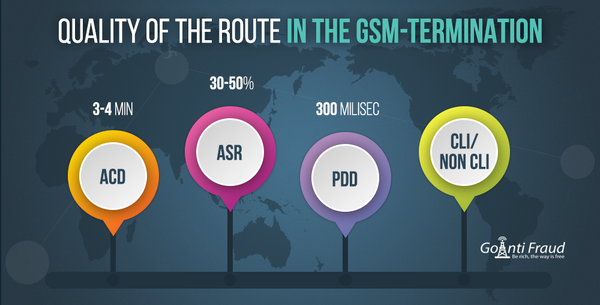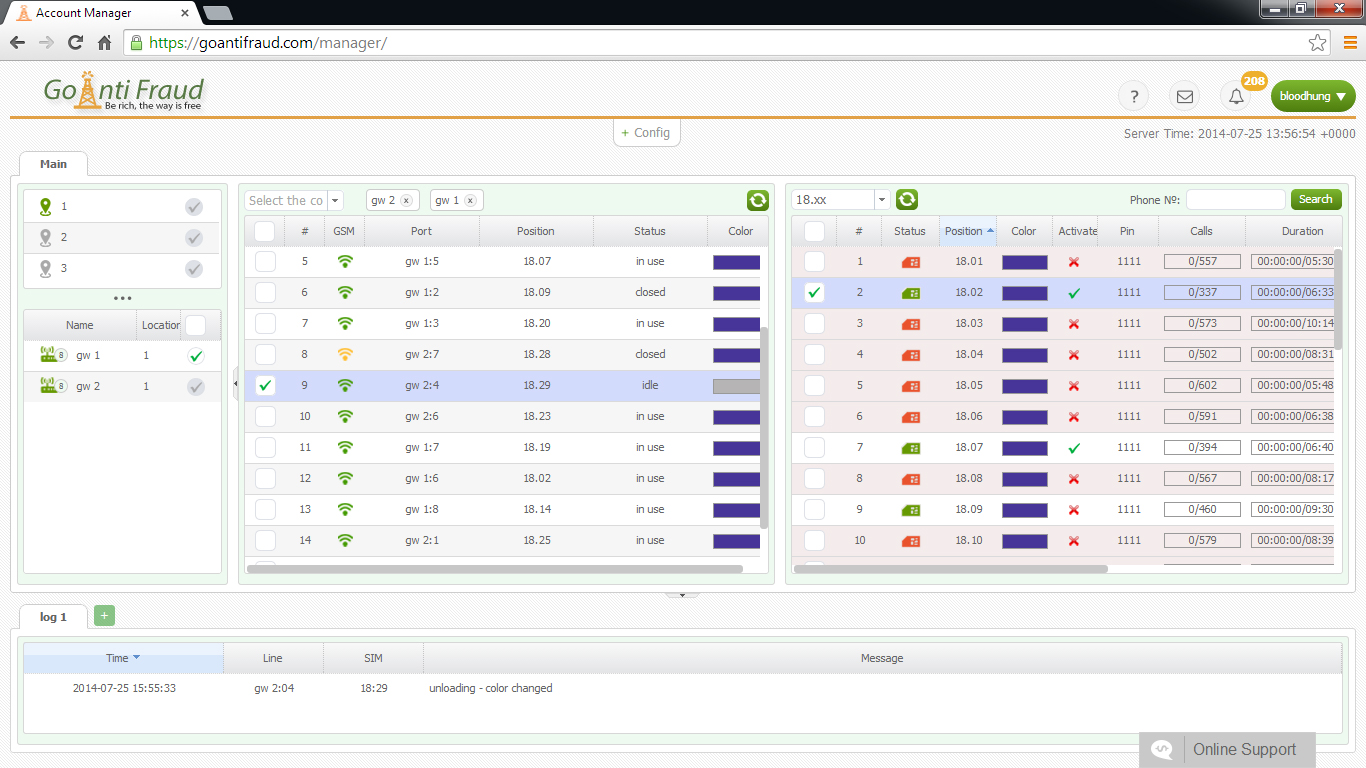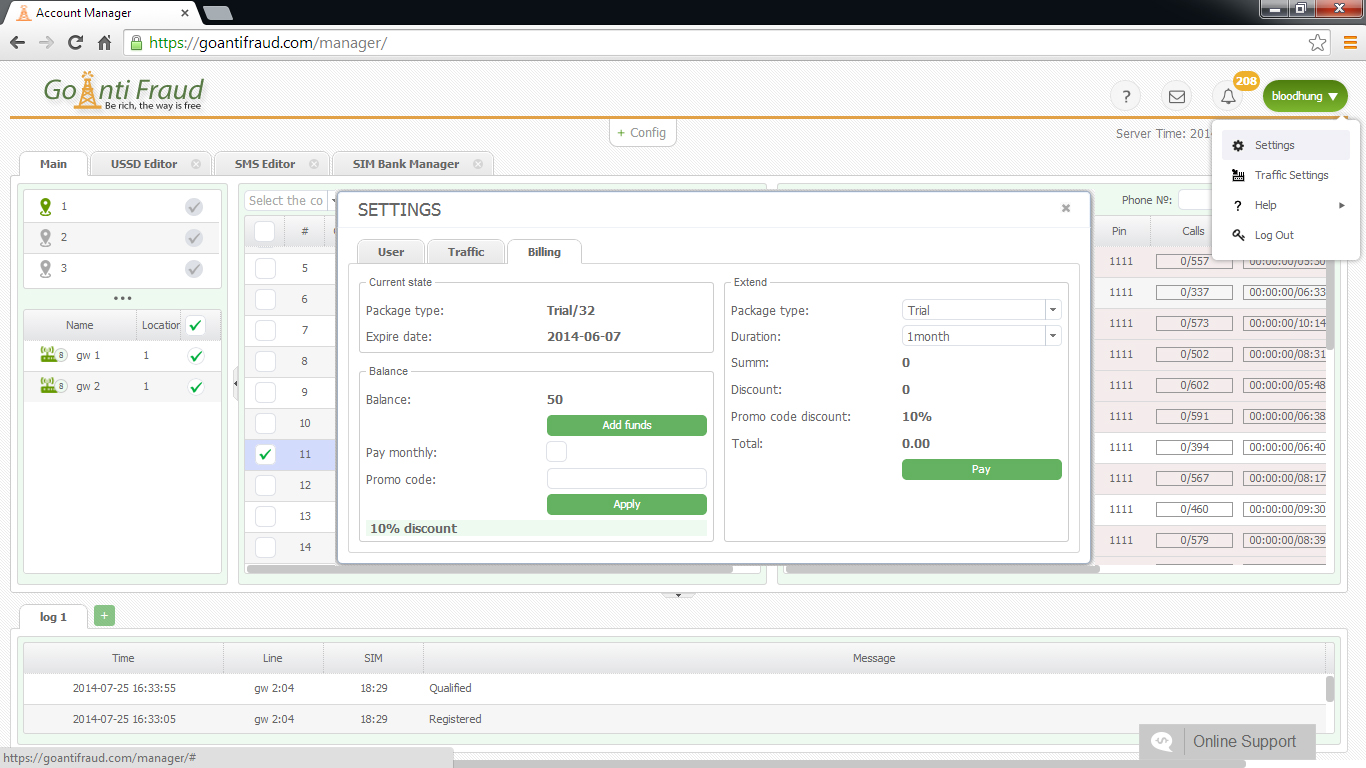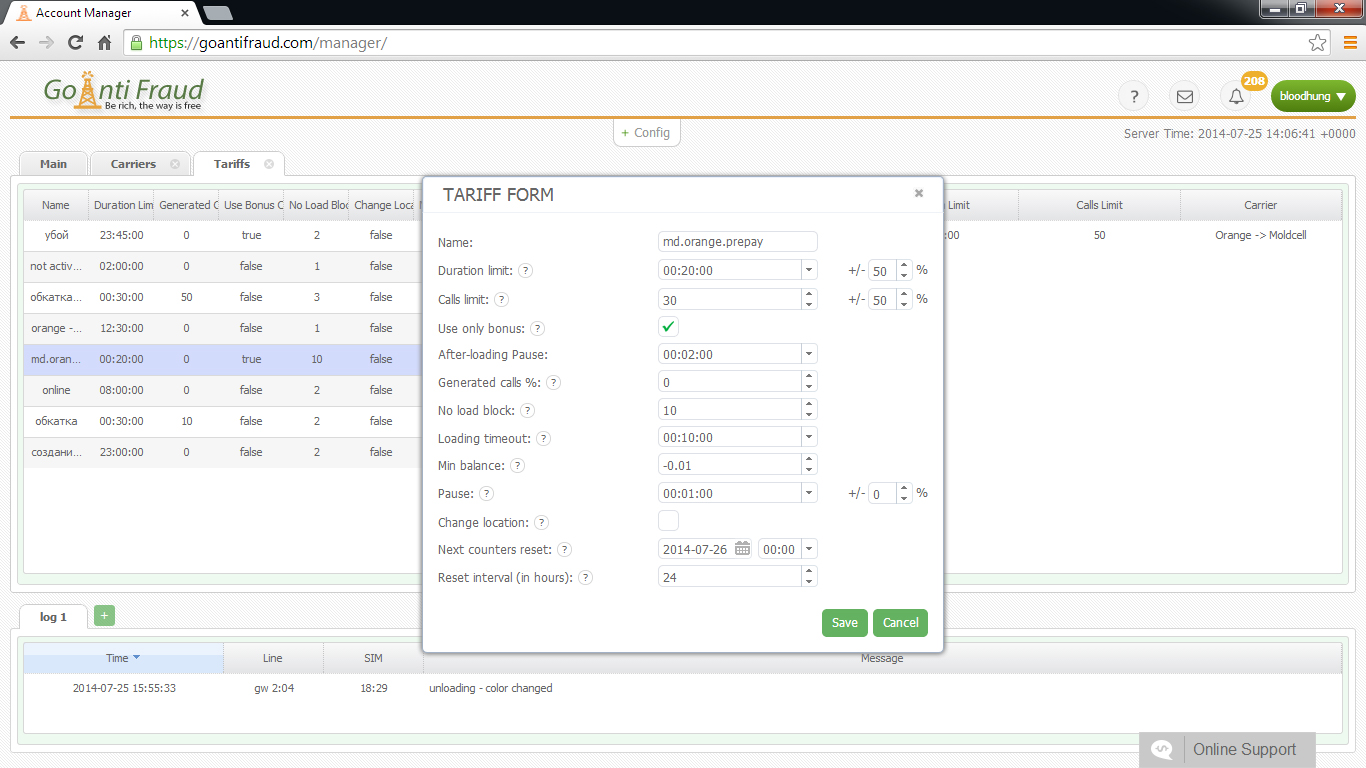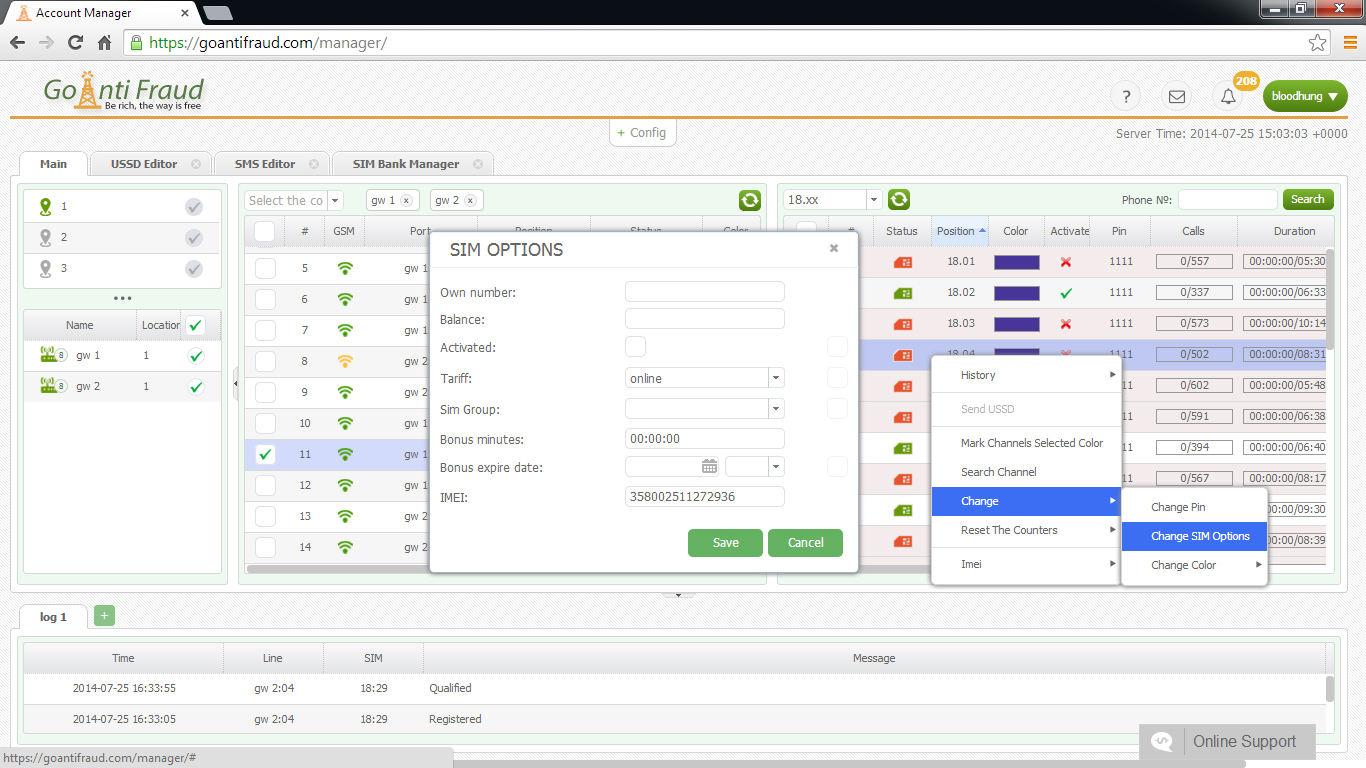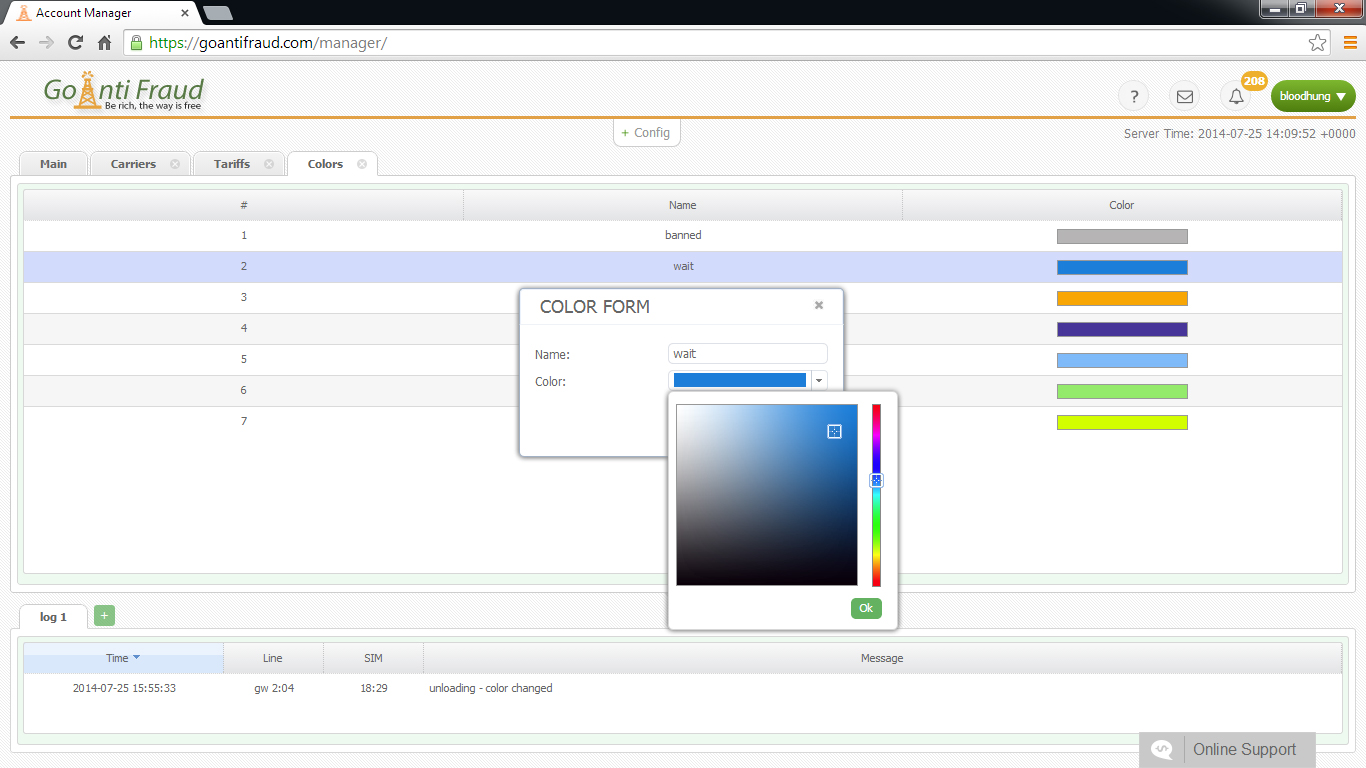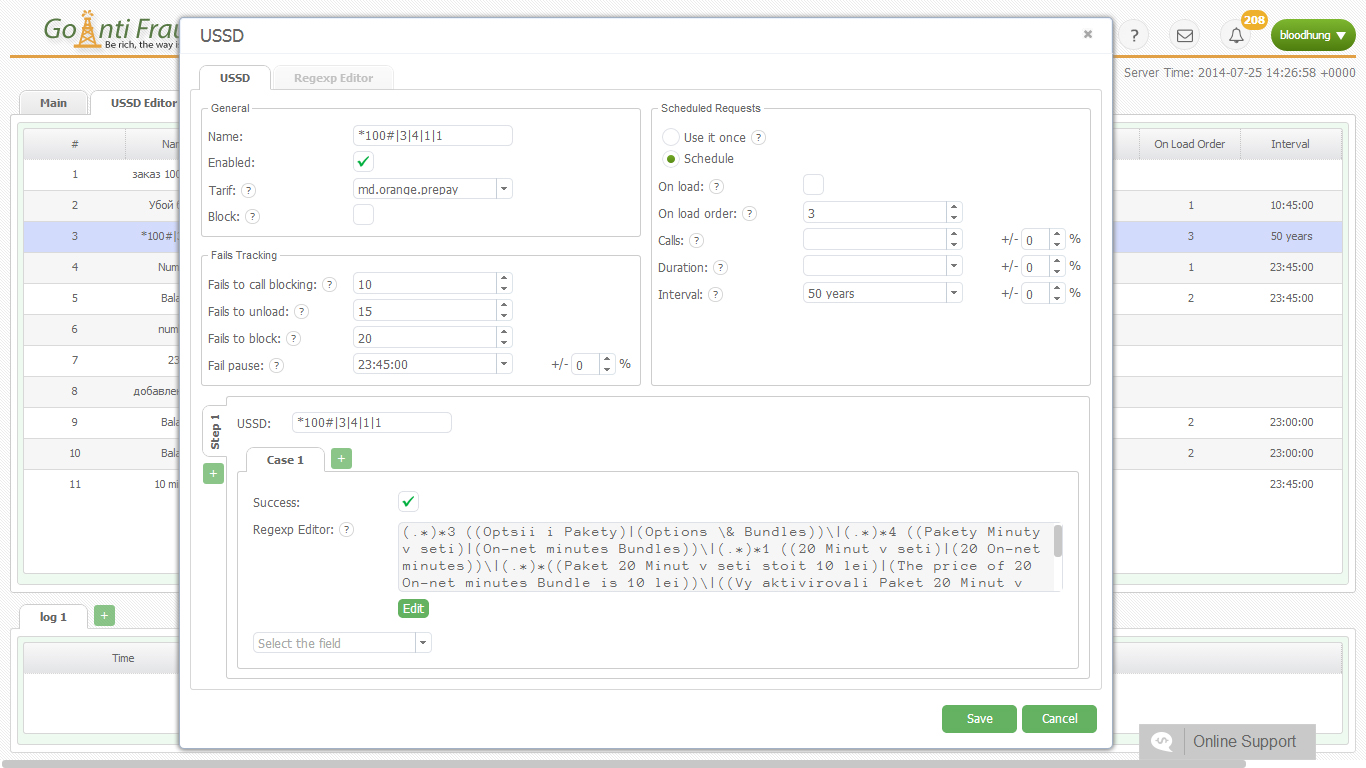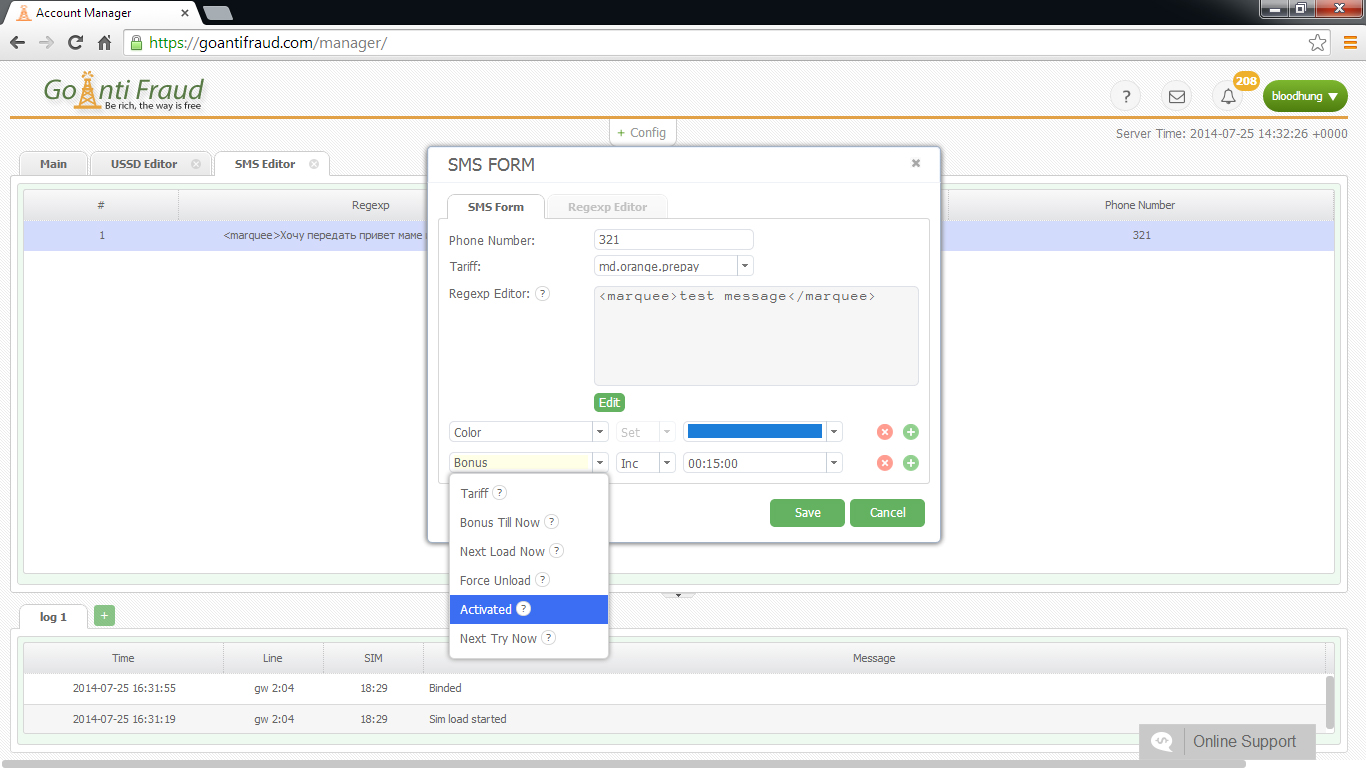If you are new to traffic termination business, you will probably need our small dictionary of basic terms. We have prepared the third part of the glossary for you, where you will learn useful concepts from the world of GSM termination. You may have already come across these terms, or maybe you still have to get to learn them.
- Traffic landing. The same as GSM termination - converting an international VoIP call to GSM and redirecting it to a final subscriber from a local SIM card (using special equipment - 1 channel voip gsm gateway or gateways for more channels).
- Rout. The direction in which the terminator “lands” the voice traffic. These are countries and specific cellular operators through which the calls will be made.
- Average rate. An average cost that the originator companies are ready to pay for terminating of a call in a certain direction (it differs for different countries and different GSM operators). It is measured in minutes. The terminator earns on the difference between the rate and per-minute cost of the local call.
- Transit operator. Тhe same as Originator. A company that supplies traffic to the terminator. This is an operator who earns on redirecting calls from one country to another (he receives a certain amount from the previous transiter for sending the call further). There are many such operators in the chain of passing the call, and everyone is interested to earn more. Therefore, transit operators often refer to the terminator as to the last link in the call route - they have to pay him much less than to legitimate monopolistic operators.
- SIM-box The same as SIM-bank. GSM termination equipment that allows storing of a large number of SIM-cards which take part in traffic landing. Using the SIM-box and special software, you can remotely control the GSM gateways.
You will find one more useful dictionary here.







